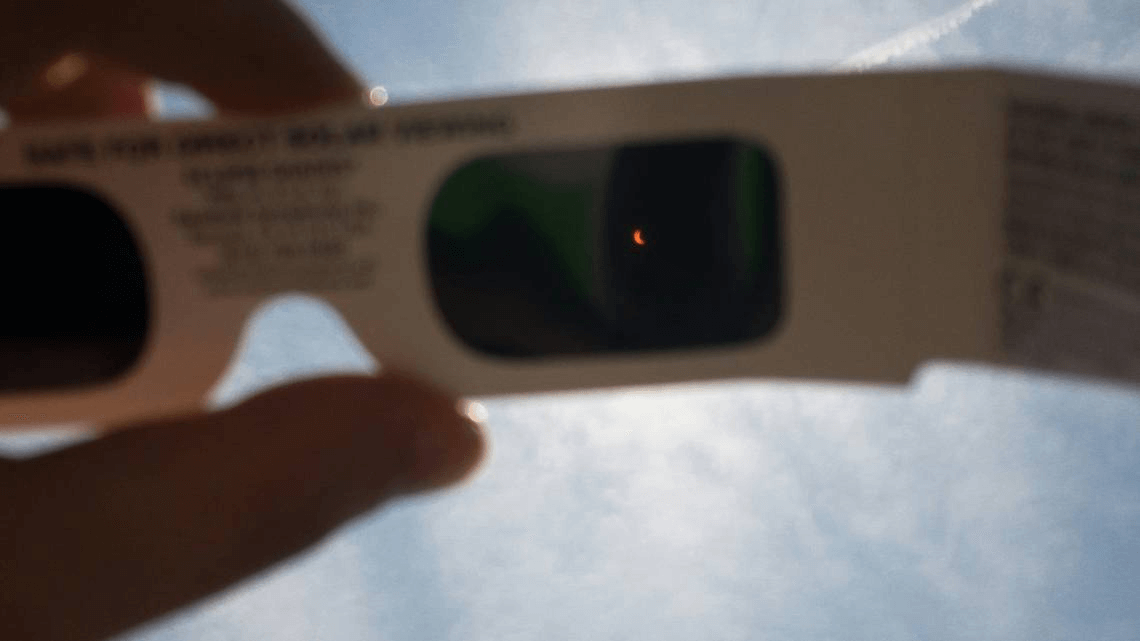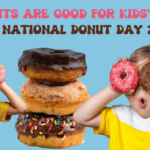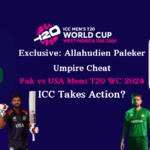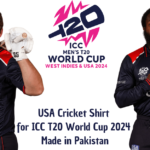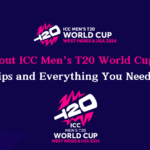The April 8 total solar eclipse has the internet abuzz with recommendations on how to keep our eyes safe while watching Monday’s phenomenon, sending many of us clamoring for eclipse glasses. Those of us who watched the 2017 solar eclipse might even have a pair still stashed in the back of our sock drawer.
But are they safe to use again this year?
Experts say it relies on a few important factors.
NASA says you can use your old glasses as long as they are labeled as following the ISO 12312-2 safety standard, which should be printed on the glasses.
“If your eclipse glasses or viewers are compliant with the ISO 12312-2 safety standard, you may look at the uneclipsed or partially eclipsed Sun through them for as long as you wish,” NASA said in 2017.
Additionally, and equally crucial, NASA advised against damaging the old glasses while they were being stored or used.
“If the filters aren’t scratched, punctured, or torn, you may reuse them indefinitely,” experts said.
The American Academy of Ophthalmology and the American Astronomical Society echo this, saying modern eclipse glasses do not expire unless they’ve been damaged.
“Older eclipse glasses used materials that degraded over time, so they were often printed with a 3-year expiration period,” the American Astronomical Observatory (AAO) states. “That’s no longer true. One producer, American Paper Optics, continues to print the three-year expiration warning out of prudence.”
NASA reminds people that eclipse glasses are not just fancy sunglasses.
“Safe solar viewers are thousands of times darker and should comply with the ISO 12312-2 international standard.”
They recommend looking at this list of safe solar viewers.
“Never use eclipse glasses or handheld viewers with cameras, binoculars, or telescopes. NASA says those require different types of solar filters.
Photographers and astronomers should ensure that they do not sustain any injuries while looking through their lenses. You can protect your eyes with the solar filters just as you would with eclipse glasses.”
Doctors warn that the intense light of the eclipse can cause permanent eye damage.
Dr. Joel Schuman told WPVI that watching the eclipse without protection can burn your retina, resulting in a condition called solar retinopathy.
“Someone can go from seeing 20/20 to seeing 20/200 in seconds,” Schuman told the station.

Meet the talented team behind mrustimes.com! Our expert news article writers boast diverse journalistic backgrounds, honing their skills in capturing compelling stories with precision. Armed with extensive experience and a deep understanding of current events, they deliver high-quality content that informs, educates, and entertains our readers, solidifying our reputation as a trusted source in the industry of news blog websites.

